In our fast paced world, it comes as no surprise that everyone wants to see instant results. This statement is true for big and small companies alike – companies all wish to increase the number of sales generated from their website. While it’s completely possible to get more sales from your business website, it’s not always something that can happen instantaneously. There’s no easy way to go about converting your target market into customers.
However, there are a few practical ways to get more customers online. Enhancing your website and creating a user-friendly online shopping experience for is the first place to start. So, if you’re wondering how to get more sales from your business website, be sure to keep reading.
Are Business Websites Still Relevant in 2019?
While many businesses have shifted their attention to applications, websites remain a staple in the online marketing world and customers typically expect even small businesses to have their own website.
Your website can give your brand an opportunity to express itself online, while giving you control of the content that’s posted and how it’s managed. This freedom of content allows for a unique, engaging and customized platform where you can alter and control your brand’s image.
Websites are still one of the most reliable marketing platforms. By providing customers with information they might not have been able to access on your other information sharing platforms, a business website can enhance the credibility your brand.
For small business owners, creating and maintaining a website is cheaper and more beneficial than most other marketing platforms. When compared to investing in traditional advertising methods such as newspapers, having a business website is far more advantageous.
Owning a website will also give you instant access to statistics on conversion metrics for your site. This allows you to measure how effective your website is at making sales, enabling you to focus on on-site conversion rate optimization.
Can A Business Website Increase Sales?
While small businesses owners might argue that having a website isn’t necessary, as their business is accessible on other platforms, results say otherwise.
Up to 81% of consumers research a business online, before making a purchase decision. Your website should thus have the correct and relevant information to help and encourage customers to make a purchase.
Your website also functions as a platform to showcase your products or services. Customers have often do research online about brands and services before going to physical stores to purchase.
Even importantly, if you don’t have a physical store and your website serves as your business’ main presence online, it must convenient, accessible and easy to navigate – allowing customers to make purchases and receive customer service at any time of day.
How to Get Customers Online?
The first step would be to get your target audience as visitors to your website. Even if your site is getting thousands of monthly views, it won’t help if the people visiting your site aren’t your target customers.
In order to increase your online sales, you need to increase the traffic on your website, with a specific focus on attracting your target audience. If you already have a website, look at your current strategies to see why you haven’t had success. The most straight-forward, obvious tip would be to advertise your website on your social media platforms such as Facebook and Twitter.
Making use of SEO and keywords are also a way of ensuring that customers manage to find your website online. Blogging is a great way to increase the number of keywords that appear on your website, helping to attract new visitors.
Implementing SEO to Attract New Customers
It’s important to get the basics right. If a customer is on a search engine looking for a business similar to yours, your on-page SEO (Search Engine Optimization) should drive traffic directly from the SERPs (search engine results pages) to your business website.
Research which keywords are most suitable for your industry. When doing keyword research, think about what search terms consumers looking for your product or service might search for. Google AdWords has a good SEO planner that can help you to select relevant phrases and words related to your industry.
Once again, blogging is a great way to improve your SEO. Create blog posts that incorporate internal links, along with the keywords you’ve selected, which should appear in the text.
Include Calls to Action
Each page of the website that your customer lands on should have a call to action, such a “buy now” or “sign up” sign up button, for instance.
Chat windows can also enhance the customers’ experience of your website. They serve as great tools to increase sales through direct person-to-person interaction similar to what customers would expect from a brick-and-mortar business. What better way is there to get more sales from your business website than to offer a personal experience to customers?
Another method of getting more sales from website visitors is to offer them exclusive, time-sensitive discounts when making purchases online. Be sure to advertise any sales you’re running online on your website in areas like the sidebar or on your home page.
Start An E-Newsletter
Popups that prompt customers to sign-up for a company e-newsletter can have great conversion rates. What’s even better is that prospective customers on your newsletter are much more likely to buy from you than ones who aren’t. By running company newsletter, you can inform customers whenever you’re running a sale, which can draw more attention to sales and help you get the most of them.
While welcome mattes and disruptive popups that appear over the main content are popular, users don’t favor them. Newsletter sign up prompts appearing as a small popup in the right corner, or in the sidebar and footer areas are a less disruptive choice which will offer a better experience to your website visitors.
Web Design Choices
Using a simple design is another way to enhance user experience on your site. Make sure your website design is simple and easy for your potential customers to navigate. Before figuring out what your design should look like, think about your target audience and adapt your website to meet the needs of your customers. Your brand and the overall feeling that goes with it should reflect in your website design.
Keep your home page simple. Research has shown that fewer products on offer on the first page can increase website sales.
Pages should load quickly and the necessary information such as your business contact details should be easy to access.
Remember, customers don’t just access websites on their laptops — smart phones and tablets are also used. Because of this, modern websites need to be equally presentable across different devices. A website design that displays well on desktops, tablets and cellphones is called a responsive design and all business owners must ensure their website is responsive.
This is because your web design choices have a direct impact on your SEO. If pages on your website are is too cluttered, load slowly, or lack keywords, they won’t rank well in search engines.
Responsive web design is an integral design element for SEO purposes. The majority on search engine requests in modern day times are from smartphones, so search engines penalize websites that don’t have mobile versions, as this will limit accessibility for most users.
Reviews and Testimonials
Never underestimate the power of a good word! Having a page on your website dedicated to testimonials from previous customers can really boost your credibility online.
Customers tend to seek approval from others, so a good review will can increase sales tremendously. Reviews help your company to be seen as more credible than competitors and establish initial trust with prospects, hopefully cementing them as repeat customers.
In addition to reviews and testimonials, having an industry-led accreditation can boost customers’ morale and persuade them to make a purchase.
Keep Your Website Updated
A basic tip that’s often overlooked is keeping your business site updated. The company needs to hire an individual or professional web service to update the website on a regular basis.
Check your website for broken links and make sure you add more engaging content. If there are “error messages”, or “coming soon” landing pages where they don’t belong, you’ll lose customers due to sheer neglect. Any errors on your website will have a direct impact on your search ranking.
In terms of the general functioning of the website, ensure that your pages have a fast loading speed, otherwise potential customers will leave your website without ever seeing your content. Think about your website as an extension of your business and brand identity. You wouldn’t want customers to associate a visit to your shop with slow service. Likewise, a visit to your website shouldn’t seem long and dragged out either! Put in effort to ensure your business website best reflects your company values.
Get More Sales from Your Business Website
The role of a website for small businesses can’t be underestimated. It serves as both a platform to increase sales, while also providing improved accessibility to your business for customers. Your website establishes your credibility as a business, helps form relationships and showcases your company. To get more sales from your business website, make sure you invest time and money into your website and keep it updated.
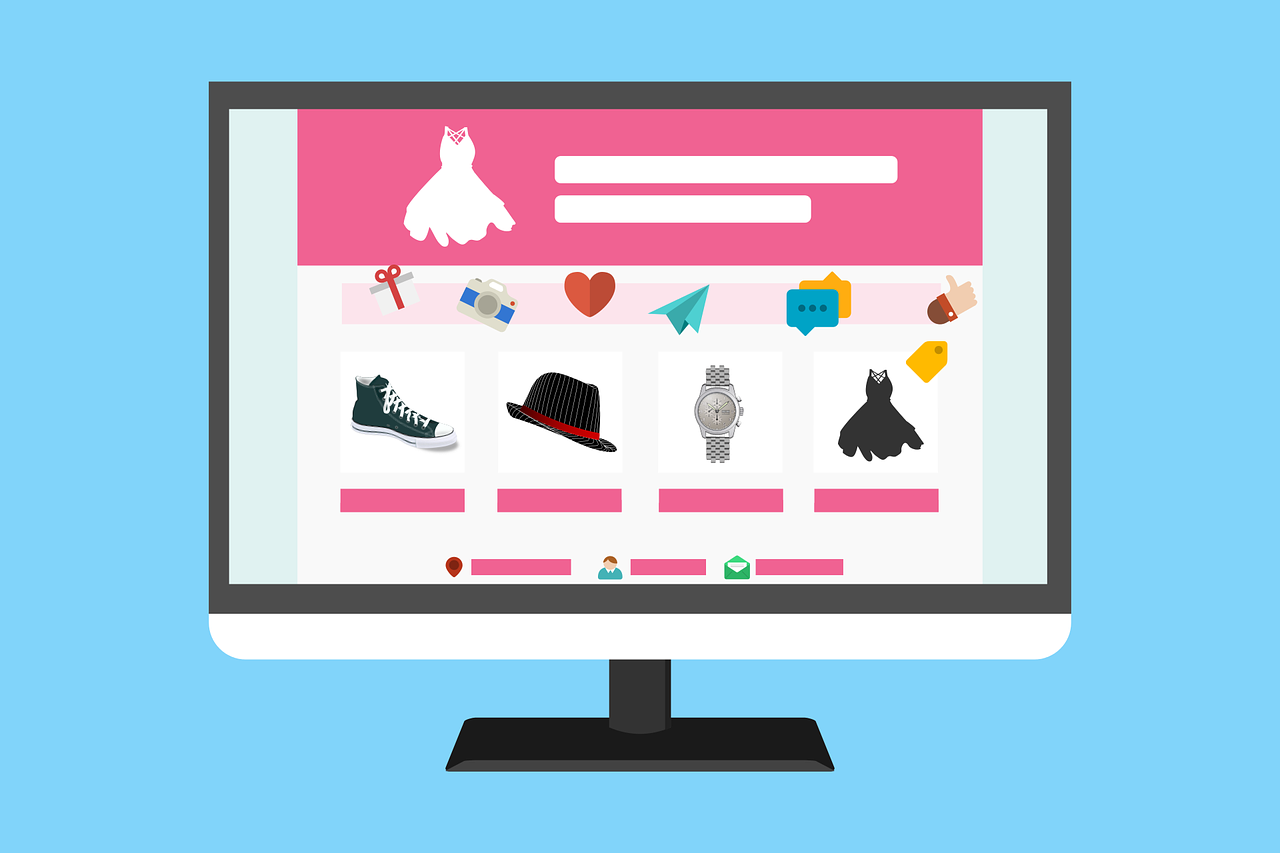
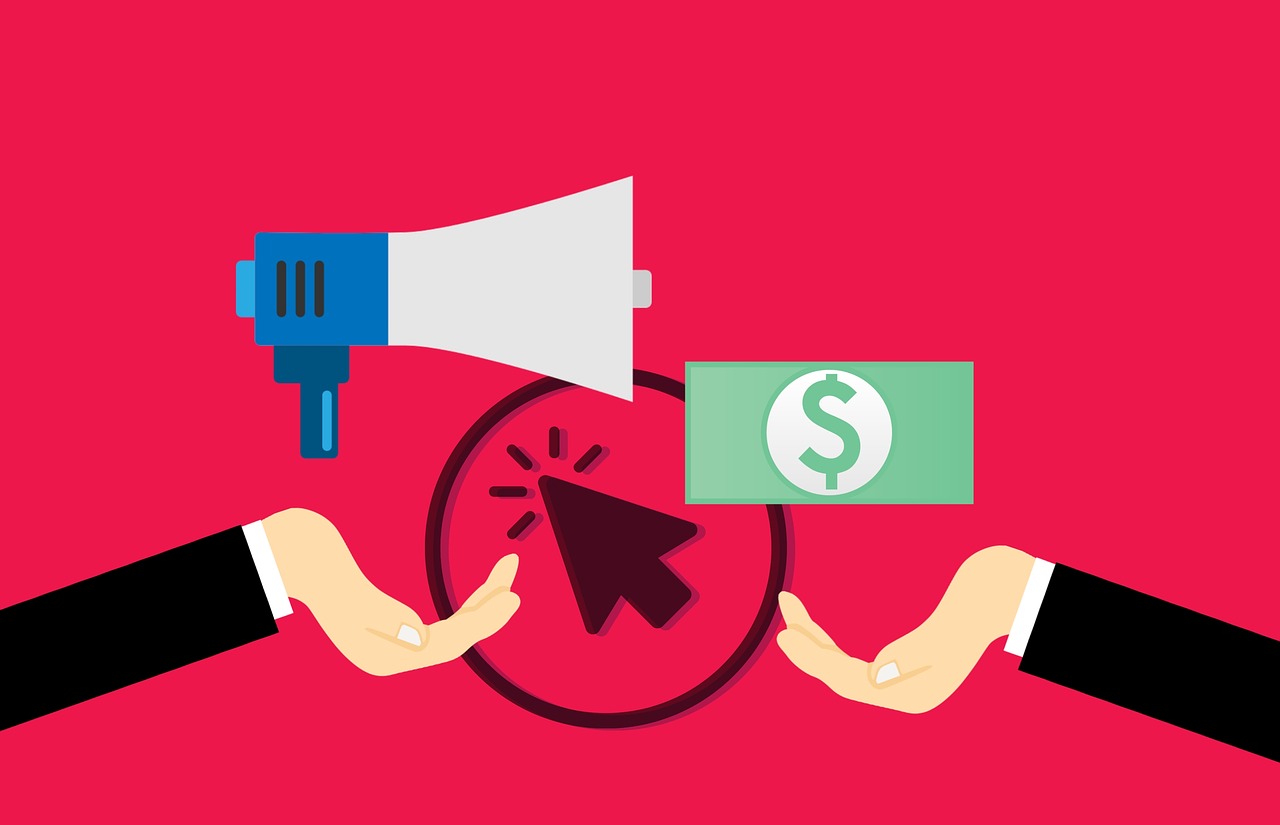

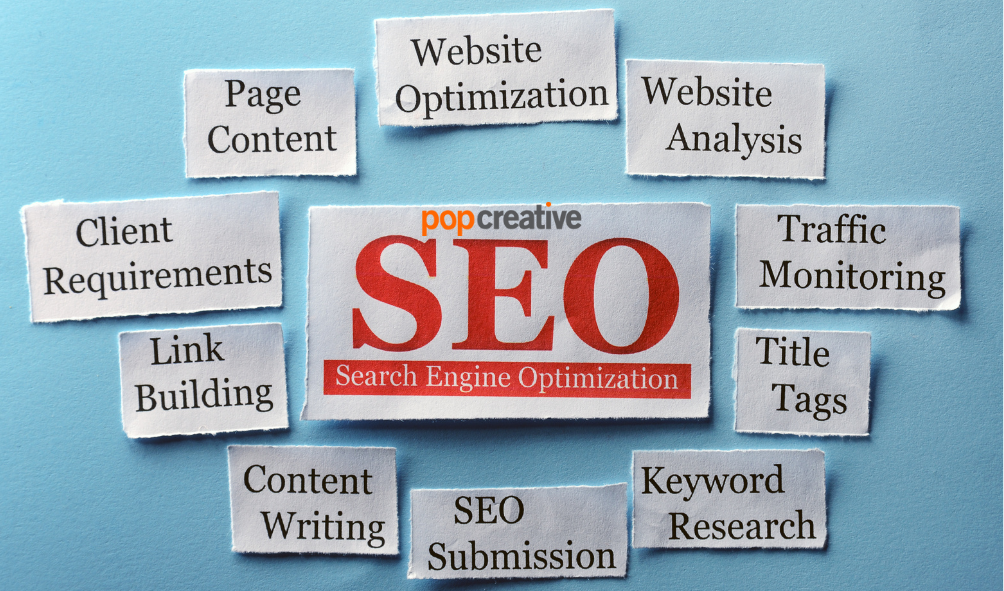
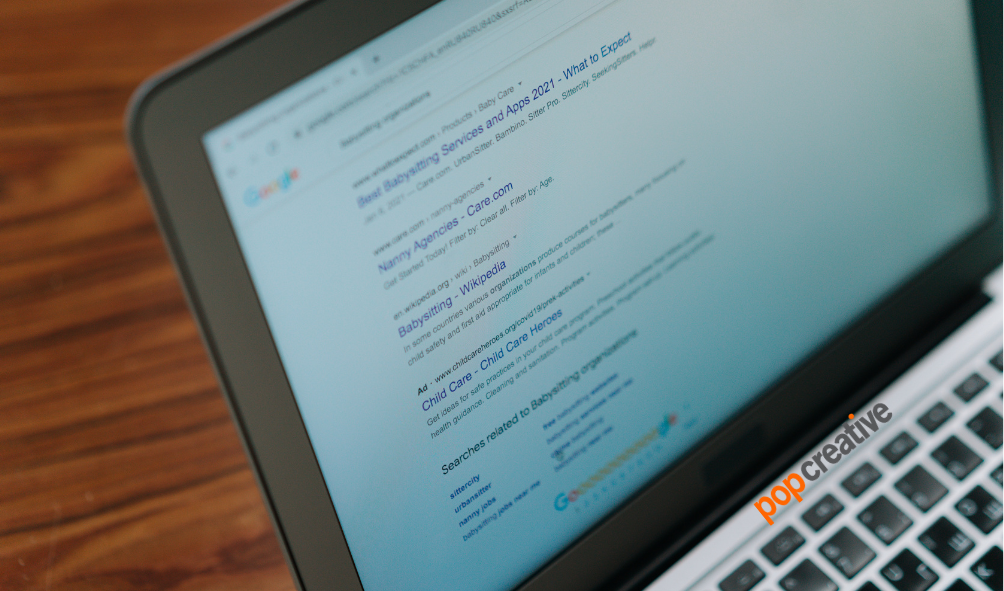
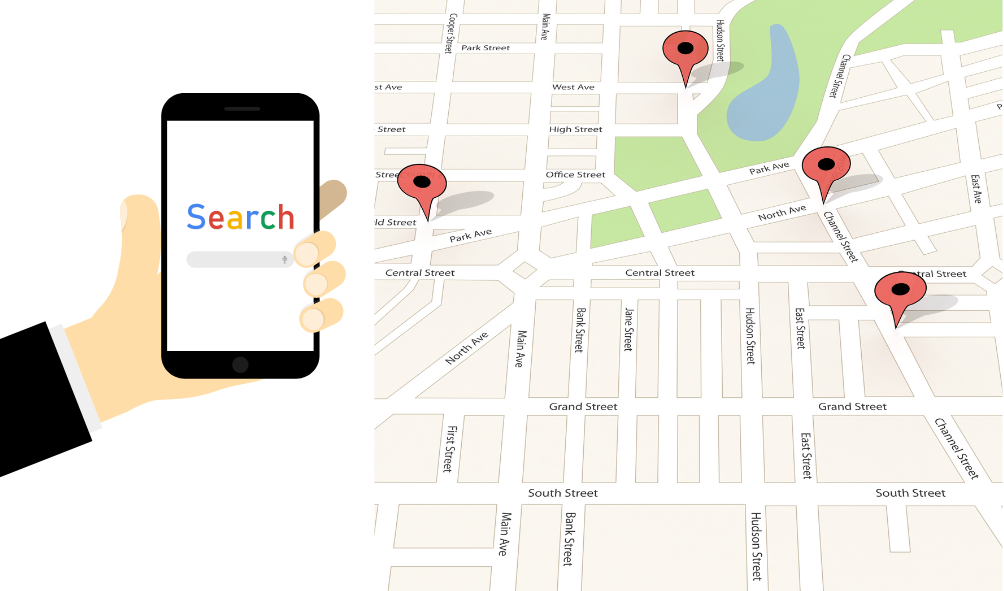
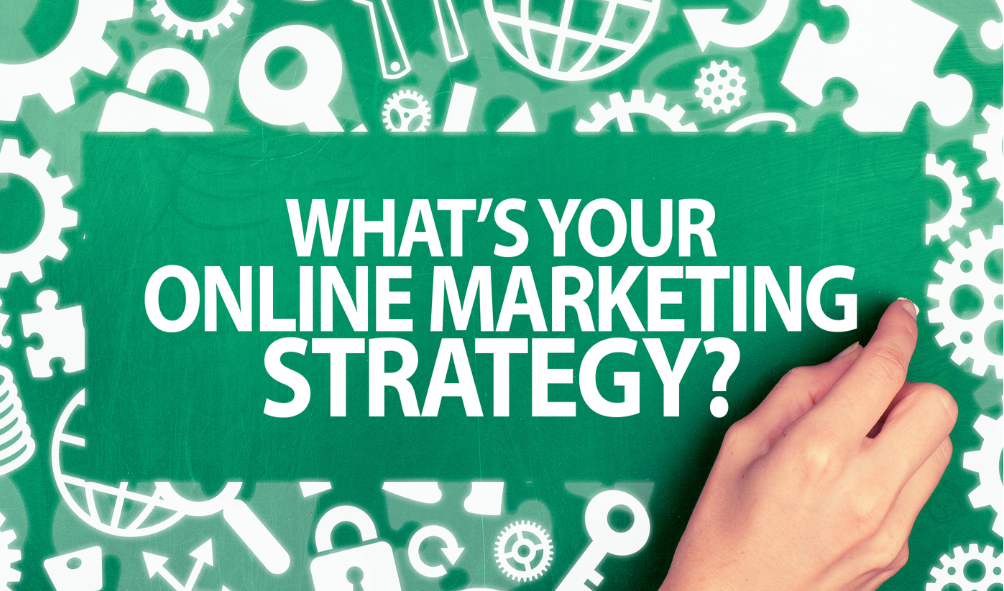
Recent Comments